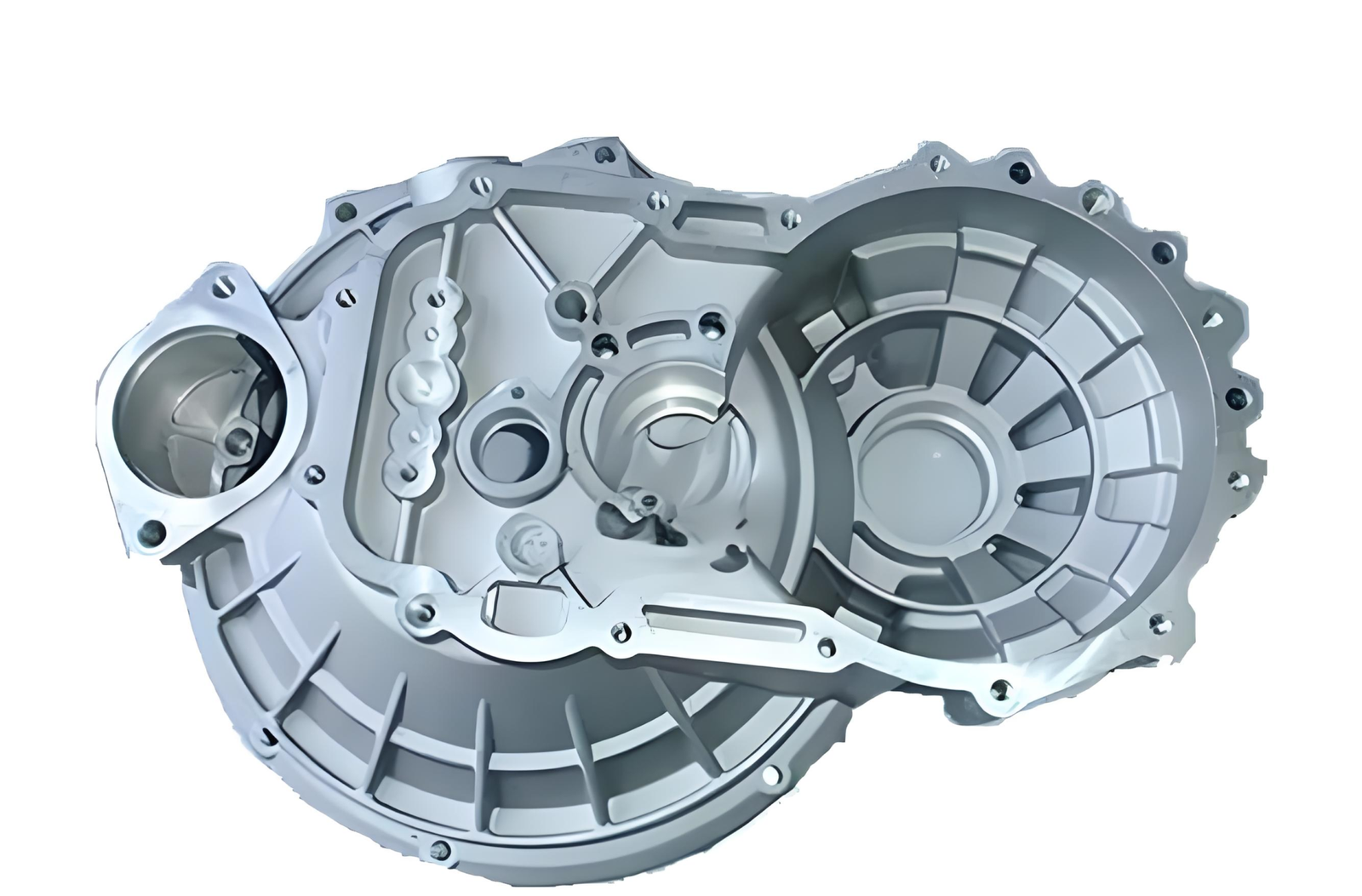
Jupaicnc has established itself as a leader in providing high-quality machining services for prototype automotive components. With a focus on multi-material precision machining, the company offers an extensive array of solutions to meet the ever-evolving needs of the automotive industry. Whether working with metals, plastics, or composites, Jupaicnc’s expertise in prototype automotive components machining ensures that every part meets stringent performance, durability, and design standards. The ability to work with multiple materials gives the company a unique edge in developing prototypes that are not only functional but also highly cost-effective, which is critical for the fast-paced automotive development process.
When it comes to prototype automotive components machining, Jupaicnc utilizes state-of-the-art CNC (Computer Numerical Control) technology to guarantee that each component is crafted with unmatched precision. The process involves sophisticated machining techniques that are capable of delivering parts with complex geometries, tight tolerances, and smooth surface finishes. Whether machining aluminum, stainless steel, titanium, or advanced polymers, Jupaicnc adapts to the specific material properties to deliver prototypes that meet both form and function expectations. The company’s extensive knowledge of material behavior under different manufacturing processes allows it to optimize machining parameters, ensuring that each component performs well in real-world conditions.
The role of prototype automotive components machining in the early stages of product development cannot be overstated. This stage often requires fast iteration cycles and the ability to rapidly produce functional parts for testing and evaluation. Jupaicnc excels in this aspect by offering a quick turnaround on prototype orders, allowing automotive engineers to test and refine their designs before committing to full-scale production. With a commitment to precision and efficiency, Jupaicnc’s machining services support automotive companies in creating parts that are not only innovative but also reliable and high-performing, which are essential traits in the competitive automotive sector.
In addition to speed and precision, Jupaicnc is recognized for its capability to machine components that combine multiple materials. This approach is particularly important in the automotive industry, where weight reduction, strength, and cost-efficiency are key factors in component design. For example, by machining hybrid components that integrate both lightweight metals and durable polymers, Jupaicnc enables automotive manufacturers to achieve a perfect balance between performance and cost. The company’s expertise in multi-material machining allows for the creation of highly specialized parts that would be difficult to produce using traditional methods, offering clients innovative solutions for their most challenging engineering problems.
One of the key challenges in prototype automotive components machining is ensuring that all parts meet the strict regulatory and quality standards set by the automotive industry. Jupaicnc’s dedicated team of engineers and machinists works closely with clients to ensure that all prototypes undergo rigorous testing and inspection throughout the machining process. This commitment to quality assurance means that the final product is not only ready for the next stage of development but also capable of passing industry-standard tests, including those for durability, heat resistance, and material integrity. This proactive approach to quality control ensures that the prototype parts meet the expectations of OEMs (Original Equipment Manufacturers) and Tier 1 suppliers alike.
Jupaicnc’s commitment to cutting-edge technology is another factor that sets it apart in the world of prototype automotive components machining. The company continuously invests in advanced CNC machines, robotics, and automated systems that streamline production processes and enhance overall precision. By adopting the latest advancements in manufacturing technologies, Jupaicnc is able to push the boundaries of what is possible in machining, delivering parts with greater accuracy and shorter lead times. Additionally, the company’s ability to work with an array of materials, combined with its use of advanced manufacturing technologies, ensures that clients receive prototypes that are not only innovative but also cost-effective and quick to market.
The use of CAD (Computer-Aided Design) and CAM (Computer-Aided Manufacturing) software plays a crucial role in ensuring that Jupaicnc’s prototype automotive components machining services are as efficient and accurate as possible. These advanced digital tools allow the company to produce highly detailed models of automotive parts, which can be directly fed into CNC machines for automated production. The result is a seamless workflow from design to machining, reducing the potential for errors and ensuring that prototypes match their digital designs with pinpoint accuracy. Furthermore, the software integration also allows for simulations of machining processes, which helps to identify potential issues early on, saving time and reducing the risk of costly mistakes.
Jupaicnc’s ability to handle multi-material prototype automotive components machining with precision and flexibility is a key asset for automotive companies seeking to innovate and improve their designs. With a proven track record in delivering high-quality, complex components on time and within budget, Jupaicnc has earned the trust of clients in the automotive sector worldwide. The company’s relentless focus on precision, quality, and cutting-edge technology ensures that automotive manufacturers are equipped with the best tools to develop the next generation of vehicles.
